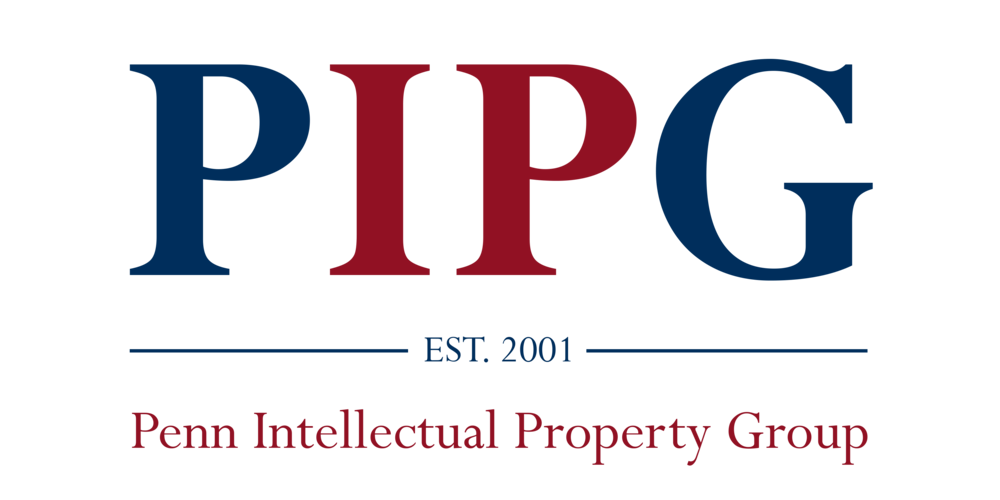Is the title to this blog post infringing? Well, it seems the NFL would assert that much…and more! In a recent television commercial, Samsung, the latest hand caught in the Intellectual Property cookie jar calls a blitz on the NFL’s aggressive enforcement of its trademarks and throws a flag on trademark law. Specifically, they imply that trademark law forbids use of NFL trademarked terms such as “Super Bowl” or team names, even in appropriate references, like referring to the “Big Game” itself. The entertaining commercial is posted here: Samsung's NFL & Trademark Bashing Super Bowl Ad. But Samsung may have overplayed their hand once again. While the NFL may indeed be Mama Bear protective of its trademarks, trademark law may not.
Professor R. Polk Wagner, an expert in Intellectual Property Law on the faculty at the University of Pennsylvania Law School, contends that the NFL is (perhaps overly) aggressively enforcing their trademarks because these marks are critically important to the business of the NFL. Similarly, fashion companies will go to great lengths to ensure exclusive use of their trademarks, often asserting trademark infringement even where they may not have the right to stop the use. As an example (without comment of course) see this PIPG Blog post discussing Louis Vuitton’s cease-and-desist action against this very organization.
Bullying aside, trademark infringement generally cannot be asserted when the use in question is simply naming the product described and not likely to cause any consumer confusion, Professor Wagner explains. For example, to say that this blog post is the Super Bowl of blog posts is prima facie infringement because I am using the NFL’s trademark of the Big Game to describe something else—my super blog post. But to say this is a blog post about the Super Bowl is not infringement because I am using the trademark to identify the thing it is protected to mark—the Big Game—which is what this blog post is about (sort of).
So how does the NFL get away with it? Why must Samsung refer to “El Plato Supreme’” or “the Big Game” when the game has a name—the Super Bowl!? Frankly, because if the NFL (or Louis Vuitton for that matter) wants to sue, they can sue. And regardless of the merits, litigation is expensive. Even the threat of a lawsuit can serve as an effective deterrent. In short, if this blog post should disappear…well, you will know why.





